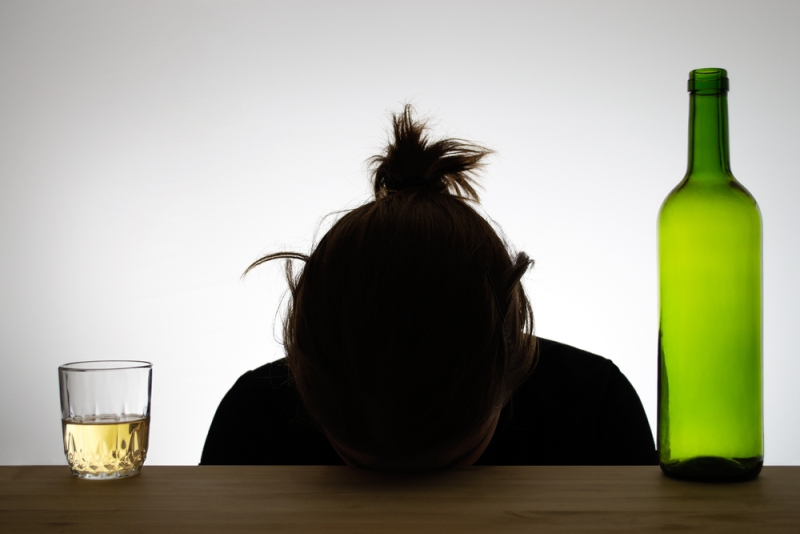
Females who suffer concussion in childhood may be at a higher risk for alcoholism as adults and for associating alcohol with reward and pleasure, according to a new study. However, the same effect was not seen in males. Scientists believe the link is triggered by changes to the nerve fibers in the brain caused by the head injury.
In the study, scientists from Ohio State University examined a group of mice, some who experienced a head injury at age 21 days (equivalent to 6-12 years in humans). Then when the mice were adults, they were given access to alcohol. Researchers found that female mice drank significantly more alcohol if they’d had a head injury. In male mice, a head injury had no impact on whether or not they drank alcohol.
But the effects may be reversible. The scientists put some of the injured mice in an “enriched environment” with more toys and exercise options, meant to mimic the effects of sustained follow-up care after a human brain injury. This group of mice were less likely to drink alcohol. Additionally, these mice showed less nerve damage.
“There are ways to intervene, but they’re expensive in terms of effort and money,” said study lead author, Dr. Zachary Well, assistant professor of neuroscience at the university. “It requires sustained treatment and rehabilitation and educational support. The best therapy for a childhood brain injury is everybody getting great medical care and rehabilitation, regardless of socioeconomic status.”
People who sustain head injuries are already at higher risk for memory problems, difficulty concentrating, learning problems, and reduced impulse control. “If we can prevent alcohol misuse, chances for a good life are much better,” said Well. He is planning a follow-up study to examine whether hormones are responsible for the gender discrepancy in how brain injuries boost alcoholism risk.
